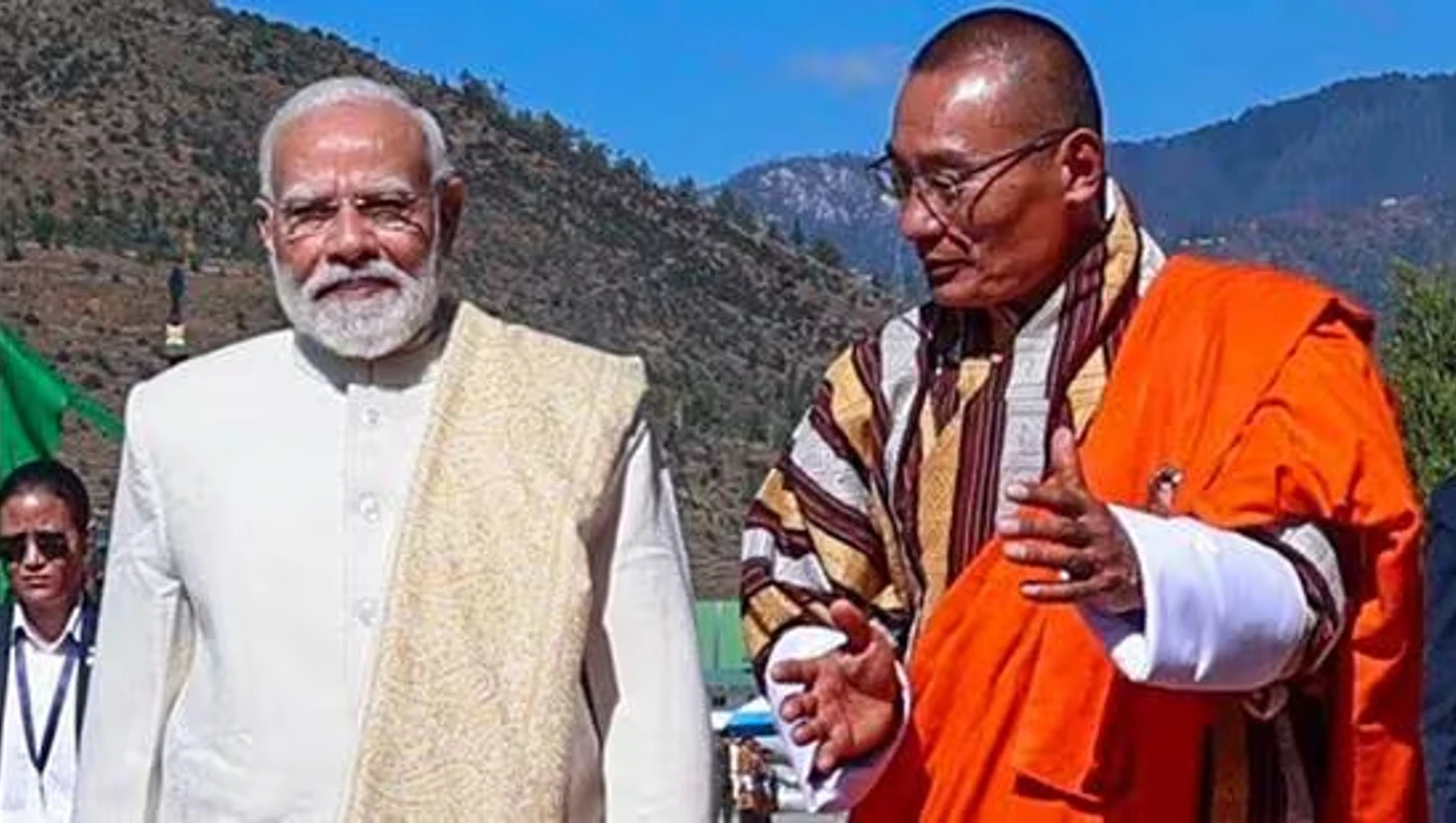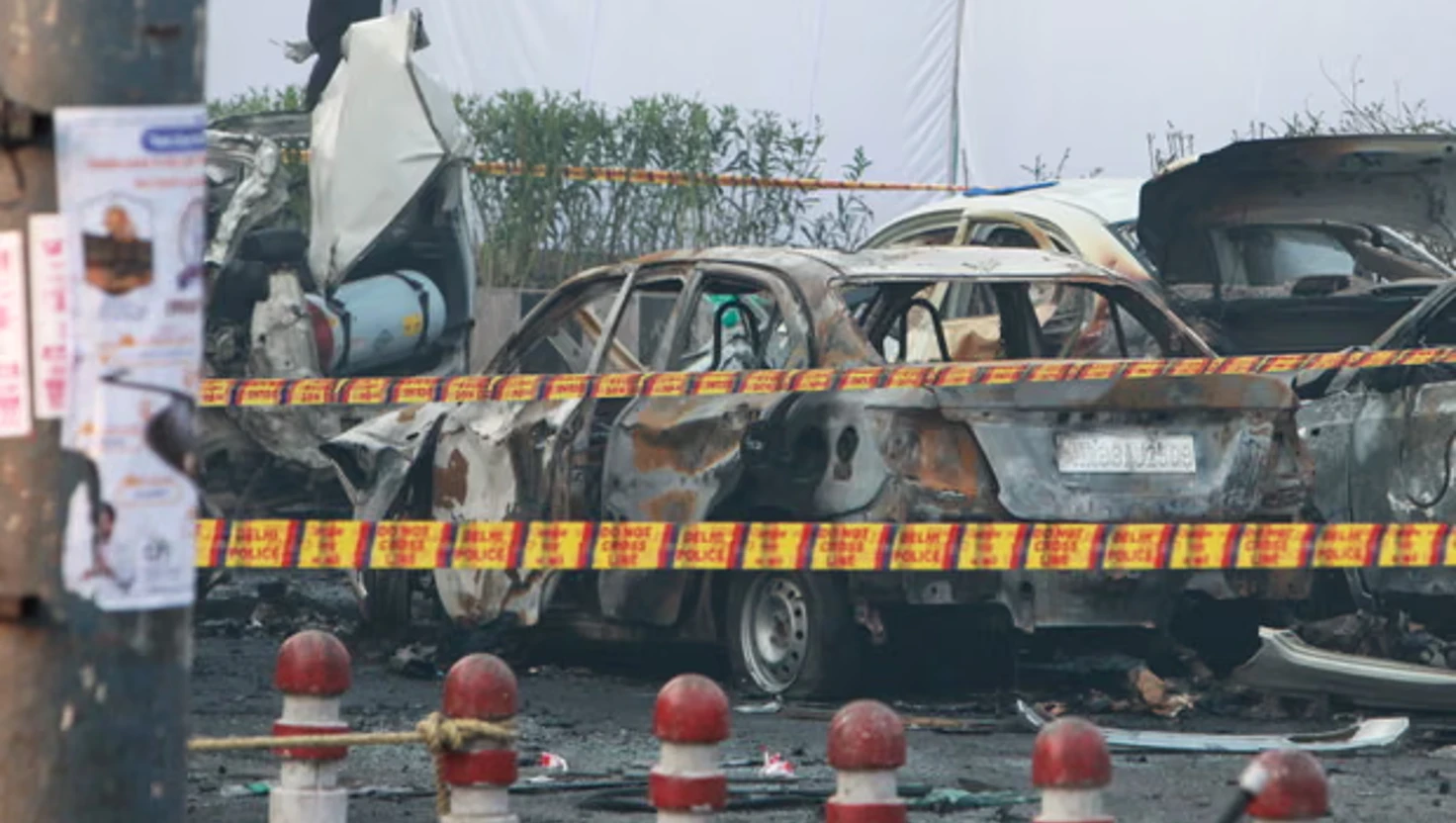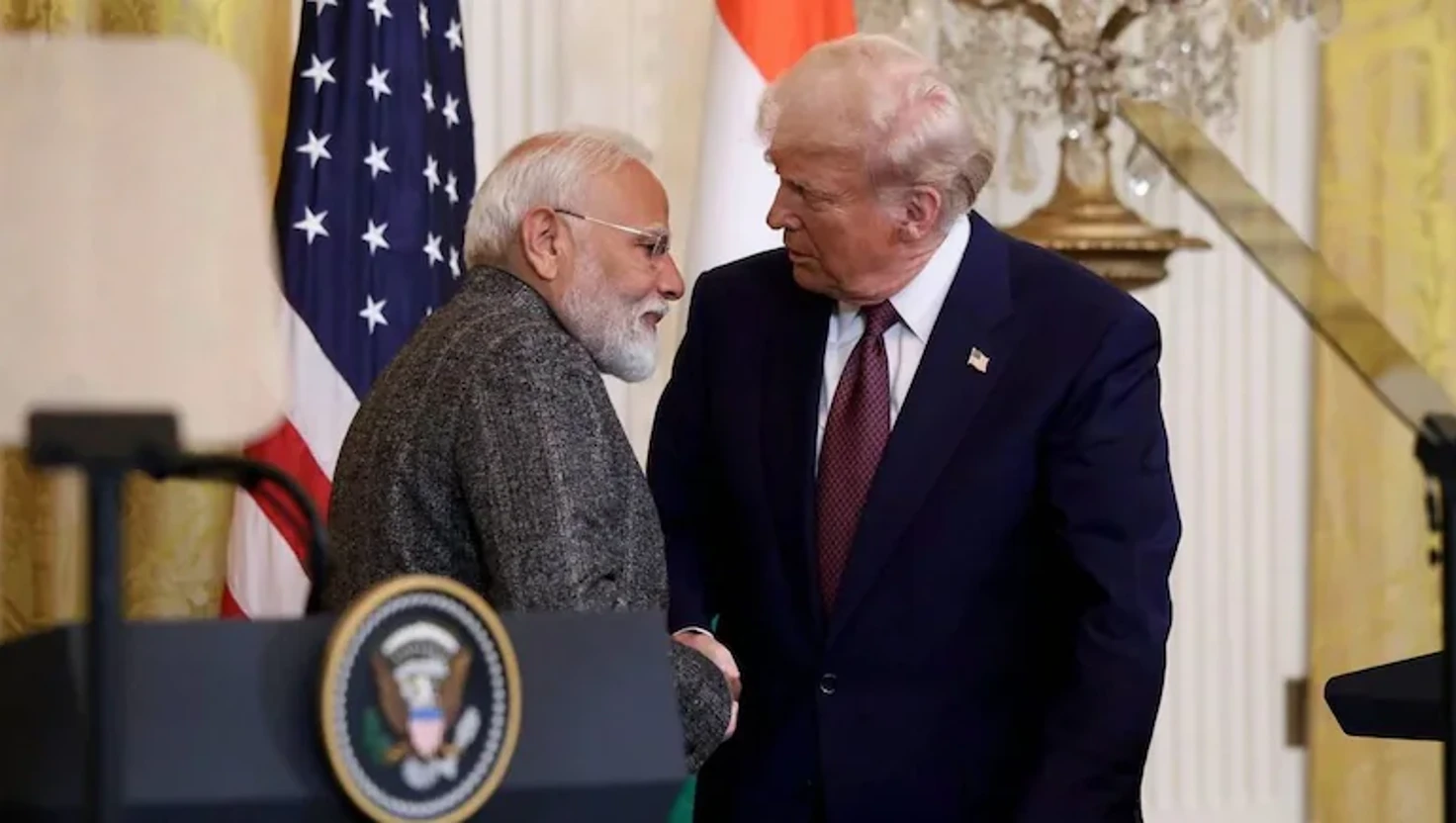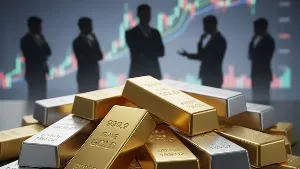PM Modi Bhutan visit: India and Bhutan deepen ties during high-level trip

Prime Minister Narendra Modi arrived in Bhutan on Tuesday for a two-day visit centred on new connectivity projects, expanded energy cooperation and celebrations marking the 70th birth anniversary of former Bhutanese monarch Jigme Singye Wangchuck.
The trip underscores India’s longstanding partnership with the Himalayan kingdom and comes as political leaders in India recall a historic 1958 journey by former prime minister Jawaharlal Nehru that shaped bilateral relations.
Historic reference as visit begins
As Mr Modi travelled to Bhutan, senior Congress leader Jairam Ramesh drew attention to what he described as an “extraordinary” visit to the country by Jawaharlal Nehru nearly seven decades ago. In a post on X, he highlighted that Mr Nehru had trekked for five days across rugged Himalayan terrain to reach Paro in 1958, noting that this arduous journey helped define the relationship between the two countries.
The account, cited from former diplomat Jagat Mehta’s writings, described steep mountain routes, limited transport infrastructure and the use of yaks and ponies at altitudes above 4,500 metres. According to Mr Mehta, the expedition was physically demanding and took place at a time when Bhutan remained largely closed to the outside world. He argued that the decision to undertake such a journey contributed to Bhutan’s gradual opening and strengthened India’s regional security interests.
Arrival and official engagements
Mr Modi was received at Paro International Airport by Bhutanese Prime Minister Tshering Tobgay, who publicly welcomed what he called his “elder brother”. The Indian leader will hold talks with King Jigme Khesar Namgyel Wangchuck and Prime Minister Tobgay, and meet former monarch Jigme Singye Wangchuck during the commemorative events.
A major highlight of the visit will be the joint inauguration of the 1,020-megawatt Punatsangchhu-II hydroelectric project. Developed with Indian support, the facility is expected to increase Bhutan’s hydropower capacity by about 40 per cent. India and Bhutan have long collaborated on hydropower generation, which forms a central pillar of Bhutan’s economy and enables the country to export electricity to India.
Focus on connectivity and border infrastructure
Speaking at a public event in Thimphu, Mr Modi emphasised the need for improved connectivity within Bhutan and between the two countries. He cited India’s decision to link the Bhutanese towns of Gelephu and Samtse to the Indian rail network, saying that this would provide industries and farmers easier access to Indian markets.
The two sides are also progressing on road links and border infrastructure, with India supporting the development of Gelephu Mindfulness City, a major economic project initiated by Bhutan’s current king. Mr Modi announced that India would set up an immigration checkpoint near Gelephu to facilitate travel for visitors and investors.
India is contributing ₹10,000 crore to Bhutan’s ongoing five-year development plan, with funds supporting road building, agriculture, finance and healthcare. Mr Modi said the aim was to strengthen “shared progress and prosperity” across the region.
Energy, digital cooperation and youth initiatives
Alongside hydropower cooperation, India and Bhutan are collaborating in solar energy, while work is set to resume on another long-delayed hydroelectric project. The two countries are also expanding digital connectivity, including the rollout of India’s Unified Payments Interface in Bhutan.
Mr Modi noted that young people from both nations were jointly building a satellite and working together in education, innovation, skill development, sports and cultural exchange. He added that India was ensuring reliable supplies of essential goods to Bhutan and supporting cultural initiatives such as the inauguration of a Royal Bhutanese Temple in the Indian city of Rajgir.
Cultural and spiritual links
The visit coincides with the exposition of sacred Piprahwa relics of Lord Buddha that have been sent from India to Bhutan for a global peace festival. Mr Modi said the display of these relics reflects the “deep-rooted civilisational and spiritual ties” between the two countries.
Responding to a public request, Mr Modi also confirmed that India would provide land in Varanasi for a Bhutanese temple and guesthouse.
Statements ahead of the visit
Before departing for Bhutan, the Indian leader said he was honoured to join the people of Bhutan for the Fourth King’s 70th birthday celebrations, expressing confidence that the trip would “add new vigour” to bilateral relations. India’s Ministry of External Affairs described the visit as part of India’s “Neighbourhood First” policy and a reaffirmation of the close friendship between the two countries.
Context: Significance of India-Bhutan relations
India and Bhutan maintain what both governments often describe as exceptionally close ties based on mutual trust. Bhutan’s hydropower exports to India form a major source of revenue for Thimphu, while New Delhi views stability and development in Bhutan as an important element of regional security.
Bhutan’s former king Jigme Singye Wangchuck, whose birthday forms the centrepiece of this visit, is widely credited with introducing democratic reforms and advancing the idea of “Gross National Happiness”, a development philosophy that has drawn global attention.
With new connectivity projects, expanded energy cooperation and sustained cultural engagement, Mr Modi’s visit seeks to reinforce a partnership that has shaped relations between the two neighbours for nearly seven decades.

Delhi Blast Investigation Links Detonators to Faridabad Terror Module

US and India Trade Agreement Progresses with Expected Tariff Reductions

Bihar Exit Polls 2025: NDA Projected to Regain Power with 148 Seats

New Age IPOs Struggle Amid Declining Investor Sentiment





